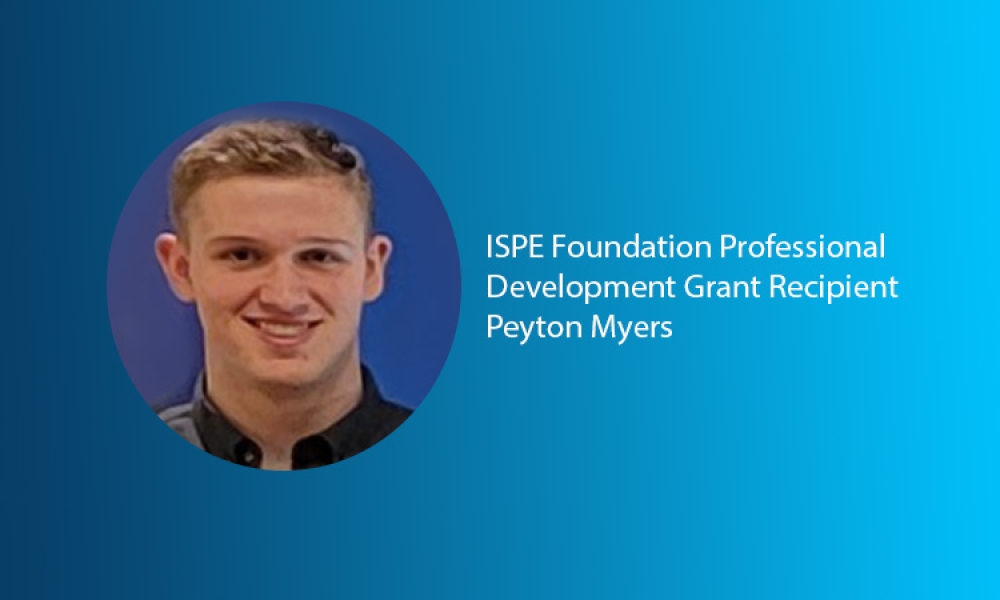Does Data Integrity Ensure Patient Safety?

On Sunday, June 5, 2016, 85 pharmaceutical industry professionals gathered for ISPE’s first Data Integrity Workshop, held in held in conjunction with the 2016 ISPE/FDA/PQRI Quality Manufacturing Conference, 6–8 June 2016, in North Bethesda, Maryland. Presentations by regulators and industry members gave participants an opportunity to learn about current thinking on the topic of data integrity and compliance with CGMP. Interactive breakout sessions also allowed attendees to discuss how to identify, mitigate, and remediate potential causes of breaches in data integrity.
Fran Zipp, President and CEO of Lachman Consultant Services, and member of ISPE’s Board of Directors, asked “Why are we talking about data integrity?” as she opened the half-day event. Data integrity, she said, creates the trust required to discover, develop, commercialize, and distribute medicines successfully, and to ensure that products are safe and efficacious. “It’s a basic principle to assure the quality of our health care products. If you’re not talking about data integrity, you should be. If don’t have a data integrity plan, you probably have a problem and don’t know it.”
Sarah Barkow, Team Lead and Consumer Safety Officer at FDA and co-leader of the FDA’s new draft guidance discussed data integrity’s fundamental role in CMGP. “Without it” she said, “anything can be obscured.” She noted that the agency’s draft guidance comment period is open until June 14, and encouraged participants to add their own contributions.
Sion Wyn, Director of Conformity, Ltd., discussed the importance of data governance, which he defined as behavioral controls (people), procedural controls (process), technical controls (technology).
Mark Newton, Associate Senior Consultant, QA, Global Laboratory Informatics for Eli Lily and Company, talked about human factors in data integrity. As automation increases, he said, people are increasingly the failure point for errors, which include everything from willful violations to mistakes, lapses, and slips. He encouraged the audience to use the “body of knowledge approach” to discover data integrity vulnerabilities: “Look carefully at the public record of violations, warning letters, and Forms 483. Ask yourself, ‘Does my quality system prevent or detect this?’”
Lorrie Vulolo-Schuessler, Manager, Computer Systems Quality Assurance, GlaxoSmithKline, tackled data integrity issues in the laboratory. “In this industry,” she said, “we have to get this right. I tell people to work as if your 401k depends on it—because it does.
Barry Rothman, Director of Lachman Consultant Services, closed the first part of the workshop with a discussion on data integrity in manufacturing operations. Attendees then broke into groups to consider and discuss three “fact pattern summaries”—case studies created for the workshop. Participants discussed their findings and insights from their discussions. All agreed that the simulations reflected real patient concerns and that session was a helpful exercise. Rothman then returned to discuss management accountability, which he called the foremost topic when talking about data integrity. “Without management support and buy-in,” he explained, “all bets are off. Management accountability starts with effective leadership. This means open and transparent leaders, who can gain their employees’ trust.”
Mike Rutherford, GAMP Global Chair and Consultant, Business Systems Support, Medicines Development Unit, Eli Lilly and Company, discussed data integrity as a key element of any quality management system. “It’s one thing to put the controls in,” he noted, “but if you don’t execute them properly, you’re not better off.” He explained that data integrity problems break trust between industry and regulatory agencies. And once it’s broken, it takes a long time to get back.
James Davidson, Vice President, Lachman Consultant Services, closed the session with a presentation on detection, assessment, and prevention of data integrity issues and potential instances of fraud. He noted that even though most people don’t come to work every day thinking that they’re going to do something wrong, companies must still have the skills to do investigations to discover errors that will inevitably occur. As did other presenters, he told the audience that the public record of warning letters and 483s was their best source of information. Critical takeaways from the workshop were that companies must be proactive in searching for data integrity issues. If something is discovered, they must investigate, assess, and be transparent.
The bottom line: Data integrity ensures patient safety.


